1. Everyone Gets a Say
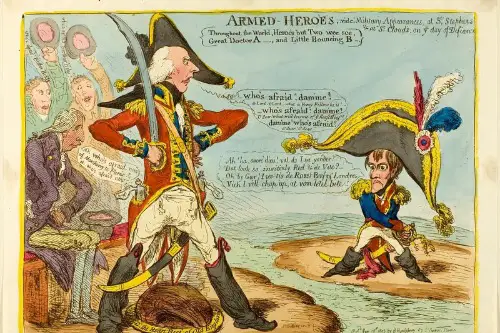
Democracy on a pirate ship? Surprisingly, yes. Pirate crews elected their captains and voted on major decisions, like where to sail or whether to attack a ship. This system ensured that no one, not even the captain, held absolute power. It was a weirdly progressive approach for the 17th century!
2. No Fighting on Board
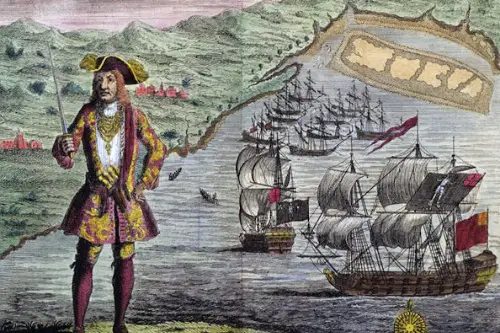
Pirates had a rule forbidding personal fights on the ship. If two crew members had a beef, they had to wait until they reached land to duel it out. This wasn’t about being polite—it was about survival. A brawl at sea could spiral into chaos and put the entire crew at risk.
3. Equal Shares for Everyone (Well, Almost)
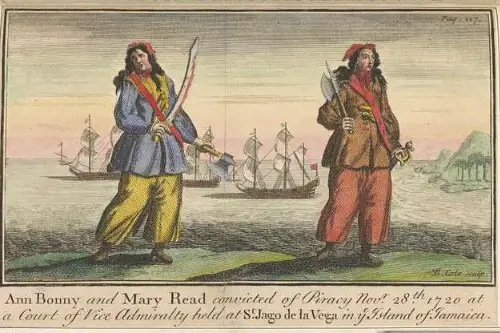
Pirate booty wasn’t split evenly, but it was fair. The captain and officers got slightly larger shares, but the rest of the loot was divided among the crew. This rule prevented resentment and motivated everyone to work hard during raids. Greed and mutiny don’t mix well on the high seas.
4. Injuries Came With Compensation
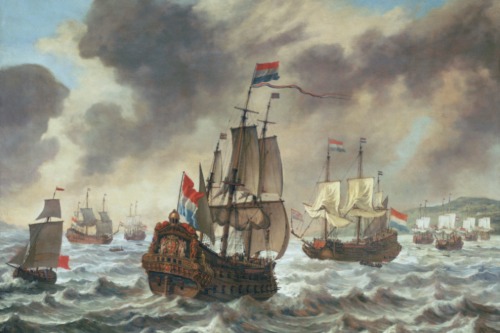
If you lost a limb or suffered a serious injury during a raid, you’d get paid extra. For example, a pirate who lost an arm might receive 800 pieces of eight. This bizarre but practical rule encouraged bravery in battle—and showed a strange kind of camaraderie.
5. Lights Out at 8 P.M.
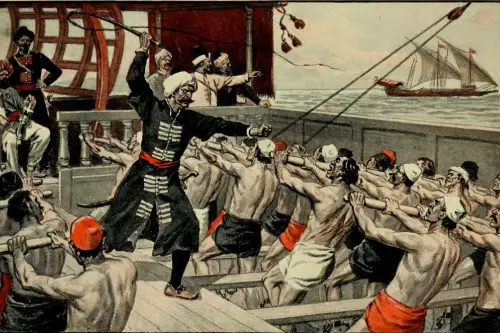
Pirate ships had a curfew! Lights and candles had to be extinguished by 8 p.m., and anyone still up had to keep it quiet. Why? Fire was a massive danger on a wooden ship, and sleep was crucial for a crew that might need to fight or flee at a moment’s notice.
6. No Gambling Allowed
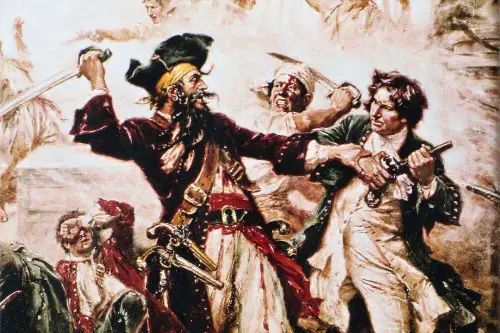
Despite their risk-it-all reputations, pirates forbade gambling with dice or cards. Losing big could lead to bitter arguments or even violence. To keep the peace, pirates channeled their competitive energy into safer bets—like boasting about their daring exploits.
7. Musicians Got Sundays Off
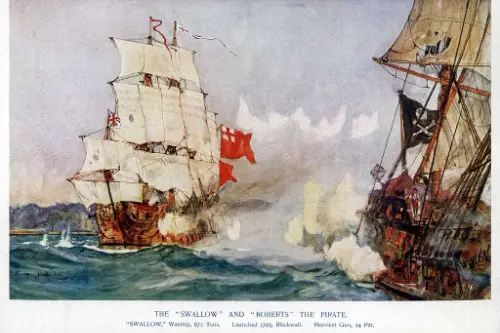
Music was a big deal for pirates, both for morale and entertainment. If there was a musician aboard, they were often given Sundays off to rest. This quirky rule highlights how much pirates valued leisure and keeping spirits high on long voyages.
8. Stealing From the Crew Was Forbidden

You could loot a captured ship, but stealing from your fellow pirates? Absolutely not. Theft among the crew was punished harshly, sometimes with marooning. This rule fostered trust among shipmates—critical when your lives depended on one another.
9. Bringing Women or Boys on Board Was a No-Go

Many pirate codes strictly forbade bringing women or young boys aboard ships. This was partly to prevent jealousy and fights but also to maintain focus on the mission. Pirates weren’t known for their moral compass, but they recognized the risks of distractions at sea.
10. Everyone Pulled Their Weight
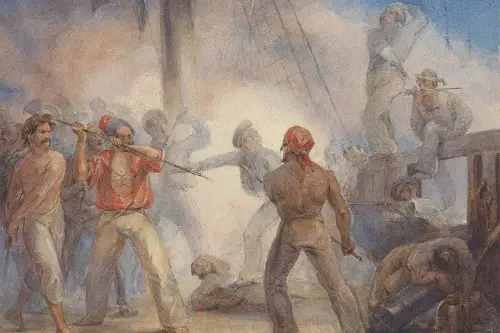
Slacking off wasn’t tolerated. Every pirate had to do their share of the work, from scrubbing the deck to manning the cannons. If someone refused to pull their weight, they could lose their share of the loot—or worse, face expulsion. Teamwork was key to survival.
11. Respect the Pirate Code
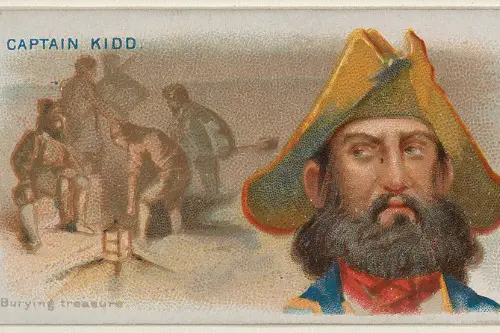
Pirates swore to follow their ship’s specific code of conduct, often sealing the deal with a blood oath or handshake. Breaking the code could lead to severe punishment, like being whipped or marooned. These agreements helped maintain order in their dangerous, high-stakes world.
12. Desertion Was Punishable by Death
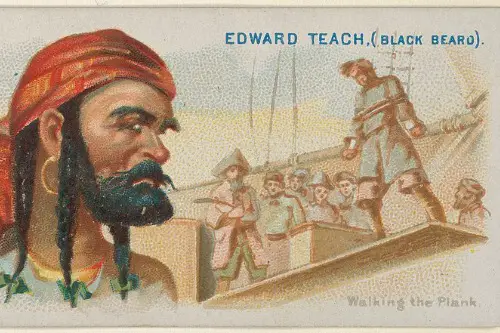
Pirates took loyalty seriously. If someone deserted the crew or betrayed the ship, they faced execution. This grim rule wasn’t just about punishment—it served as a warning to anyone thinking about turning traitor.
Pirates may have been outlaws, but their peculiar rules kept them alive and functioning as a team. These bizarre codes weren’t just about survival—they were a mix of necessity, strategy, and even a twisted sense of justice. Turns out, the “law of the sea” wasn’t as lawless as we thought!


